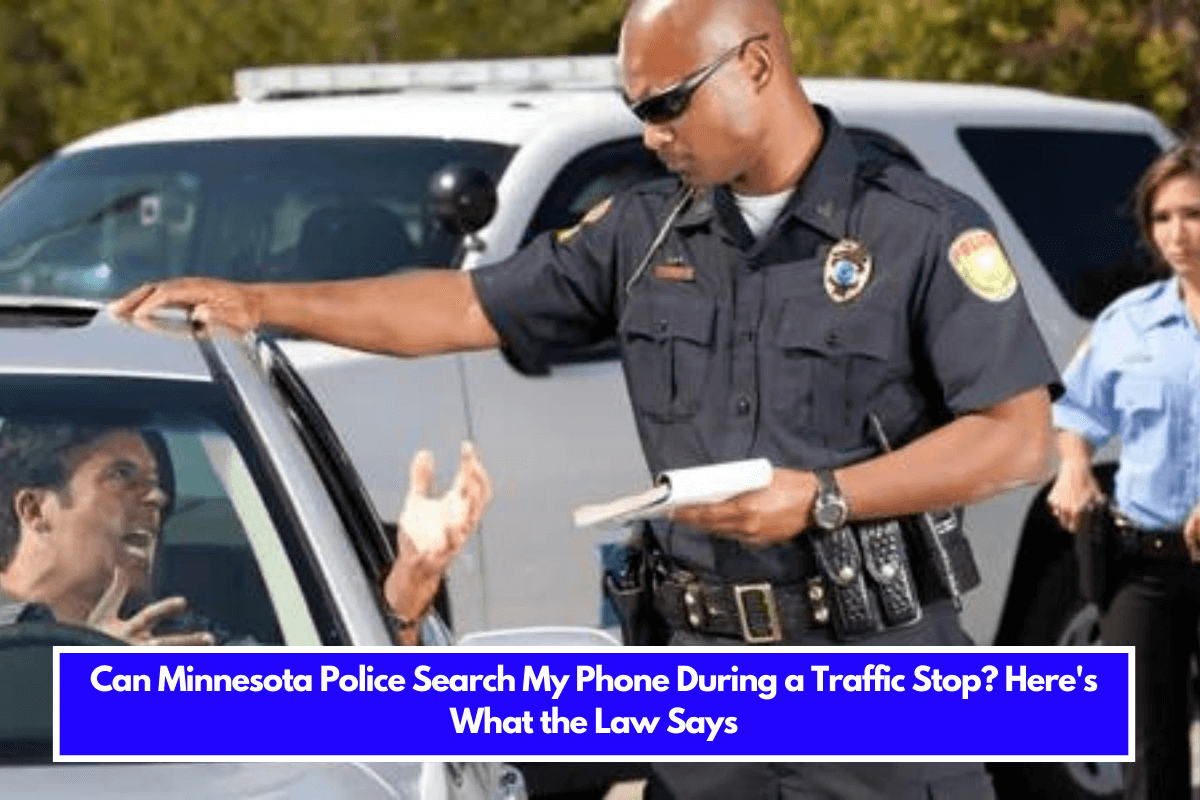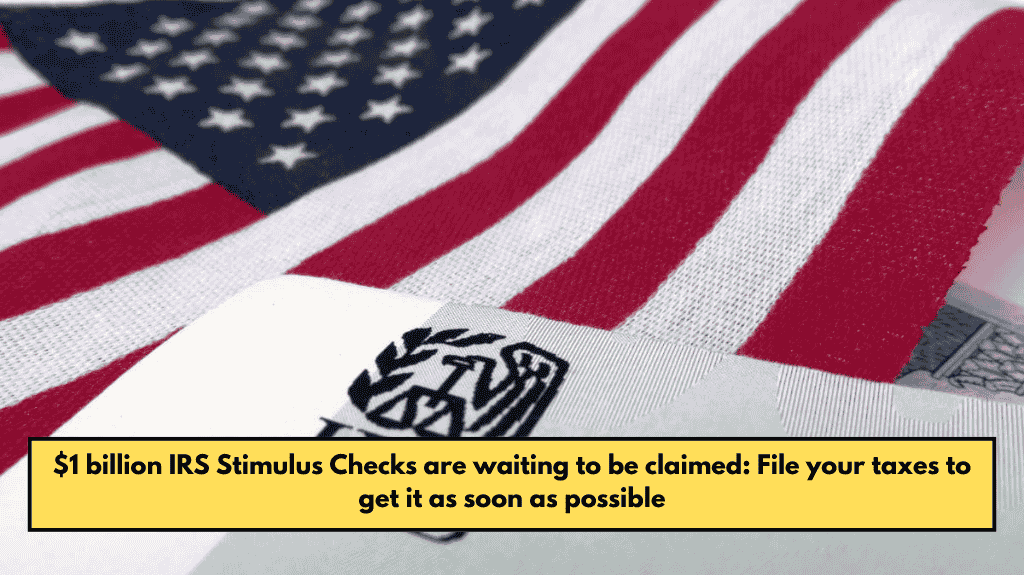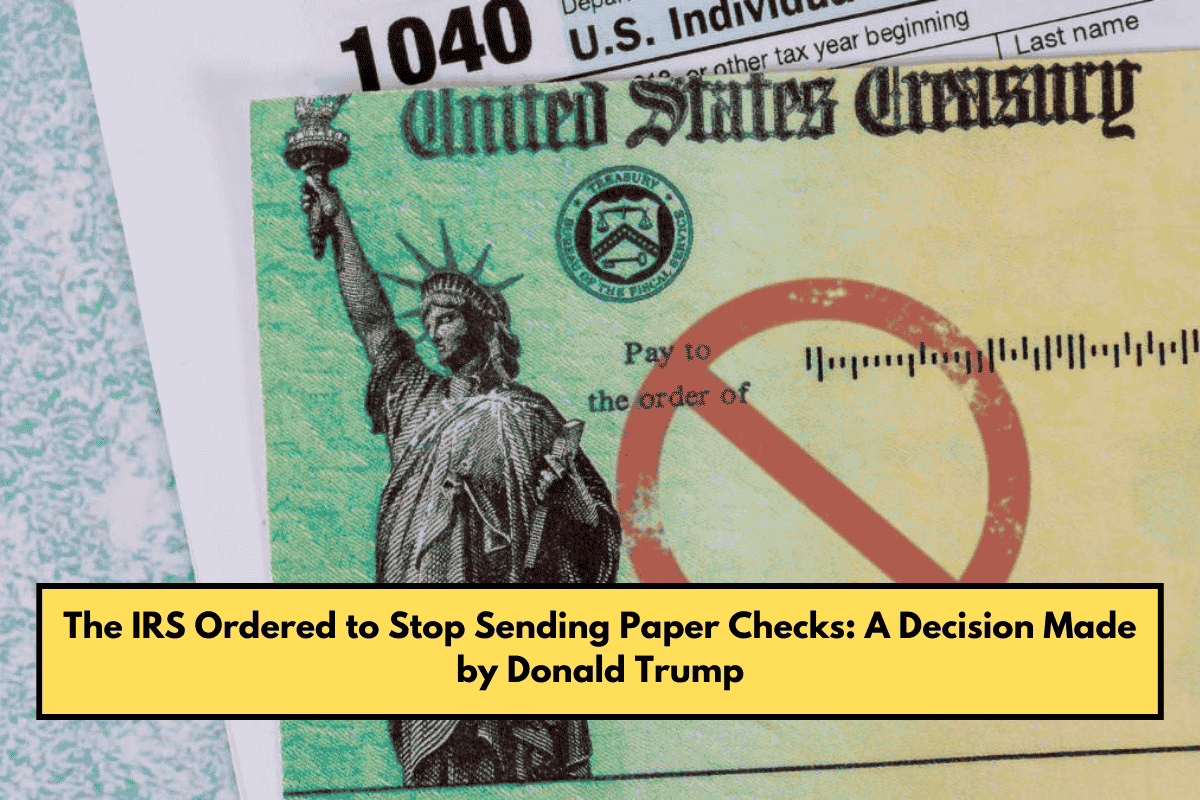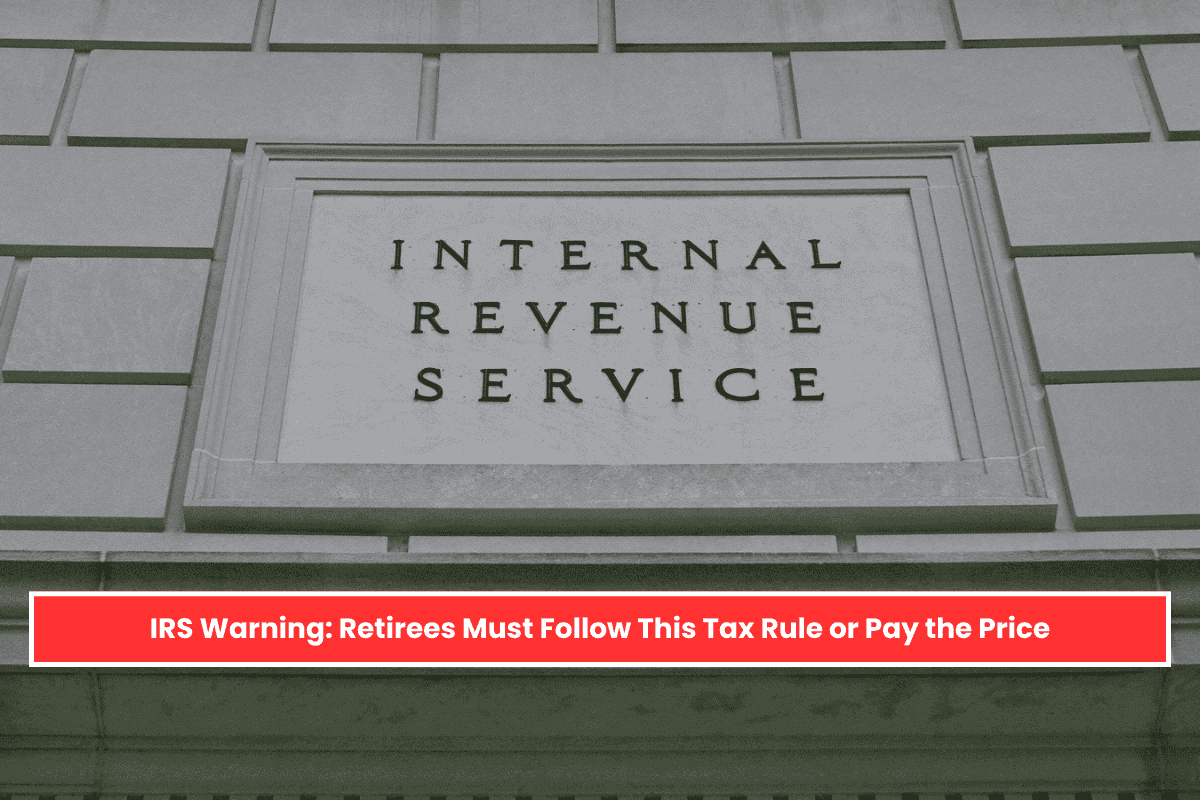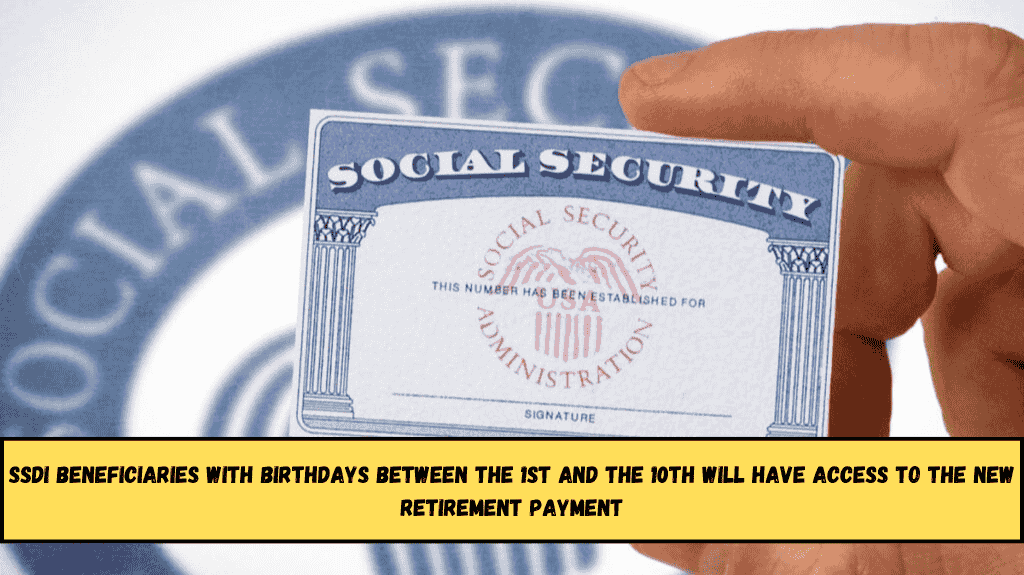In Minnesota, police have specific legal guidelines regarding the search of your phone during a traffic stop. Understanding these laws is crucial for protecting your rights. Here’s what you need to know:
Fourth Amendment Protections
The Fourth Amendment of the U.S. Constitution protects individuals from unreasonable searches and seizures. This means that police cannot search your person, vehicle, or belongings, including your phone, without probable cause or a warrant.
Key Points Regarding Phone Searches
- Right to Refuse Searches: During a traffic stop, you have the right to refuse consent for a search of your phone. If an officer asks to see your phone, you are not legally obligated to comply unless they have a valid search warrant or can demonstrate probable cause.
- Consent: If you voluntarily allow an officer to search your phone, you are giving them permission to do so. Any evidence found during this search can be used against you in court. Therefore, it is advisable to respectfully decline such requests unless an officer has obtained a warrant.
- Search Warrant Requirement: Police can obtain a search warrant to search your phone if they have sufficient evidence or probable cause. In Minnesota, courts have upheld that officers can compel individuals to unlock their phones if they possess a valid warrant, as established in the case of State v. Diamond (2018) .
- Probable Cause: If an officer observes illegal activity—such as texting while driving—they may claim probable cause and conduct a search without your consent. However, this must be justifiable based on the circumstances observed during the stop.
Practical Considerations
- Texting While Driving: Texting while driving is illegal in Minnesota under state law. If an officer suspects you were texting while driving, they may ask to see your phone as part of their investigation. However, you still have the right to refuse unless they can provide a warrant or demonstrate probable cause.
- Police Tactics: Officers may attempt to persuade you to show them your messages or other data on your device without directly ordering you to do so. It’s important to remember that you are under no obligation to show an officer the contents of your device if they do not have a warrant.
Conclusion
In summary, while Minnesota police can ask to search your phone during a traffic stop, you are not legally required to allow them access unless they have a warrant or probable cause.
Understanding these rights can help protect you from unlawful searches and ensure that any evidence obtained is admissible in court. Always consider asserting your right to refuse such searches politely and firmly if approached by law enforcement during a traffic stop.
SOURCES:-
- https://www.eraserlawfirm.com/what-are-your-rights-during-a-police-stop-in-minnesota/
- https://kellerlawoffices.com/what-are-your-rights-during-a-traffic-stop-in-minneapolis-minnesota/
- https://bkdefense.com/can-the-police-search-my-phone-if-they-think-i-am-texting-and-driving.html

